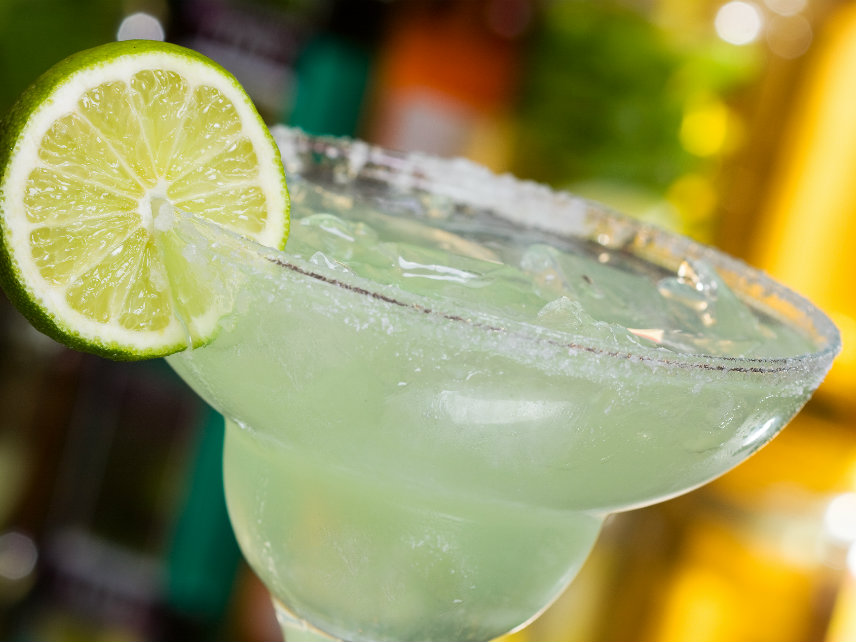This Taco Bell Can't Get a Liquor License Because City Officials Don't Like Taco Bell
But the pizza place next door can have one.

Officials in a Michigan suburb have denied a liquor license to a local business simply because they don't like Taco Bell.
Other restaurants along Main Street in downtown Royal Oak have been granted permission to serve alcohol. But the city council voted 5–2 this week to deny a similar license to a new Taco Bell Cantina. The Taco Bell Cantina concept is something the fast food chain is slowly rolling out in some parts of the country, offering an extended menu and alcohol sales. The location in Royal Oak opened in January and wanted to sell frozen margaritas and beer, according to the Detroit Free Press.
City Commissioner Kyle Dubuc tells the Free Press that letting Taco Bell serve alcoholic drinks "didn't fit with the city's vision" and that official preferred to give licenses to "locally managed, local concepts." But the Royal Oak Taco Bell is locally managed—as most fast food franchises are. It is owned by a third-generation Michigan company whose properties include parts of at least 80 restaurants in the northern Detroit suburbs.
The Cantina planned to sell local craft beers and Michigan-made liquors, an attorney for the restaurant tells the Free Press. After local police raised concerns about the liquor license, the Taco Bell's owners agreed to cut off alcohol sales at midnight and to provide additional security. That's already more than bars and other restaurants have to do. But it wasn't enough for the city.
The location of the Taco Bell Cantina had been empty for more than 20 years before it was developed at a cost of $750,000, the Free Press reports. The new restaurant has already hired 20 people and planned to hire 20 more, but without a liquor license its model may be unsustainable.
Dubuc tells the Free Press that he wouldn't have a problem with a Taco Bell selling booze if it were located somewhere else. "I'm not trying to encourage proliferation of national fast food franchises on our main street," he said.
Local control of government is generally preferrable to more centralized control, if for no other reason than because it's easier to exit when officials make your life difficult. Unfortunately, local governments are often controlled by people who think they're playing a real-life Sim City. Being a city commissioner doesn't give you the right to control all the decisions that people make within the boundaries of your jurisdiction—and it certainly doesn't give you right to discriminate against a business that doesn't appear to have done anything wrong in favor of other businesses that you just happen to like better. If the Pieology Pizzeria just a block down the street can sell beer, it's hard to understand why the Taco Bell Cantina can't.
"If a legal business or individual follows the proper procedures, government rules should be fair to everyone," says Jarrett Skorup, director of communications for the Mackinac Center, a Michigan-based think tank. "And if city officials feel they need to protect local residents from substandard food, they should rest assured that market competition has been providing that service very well for centuries."


Show Comments (106)